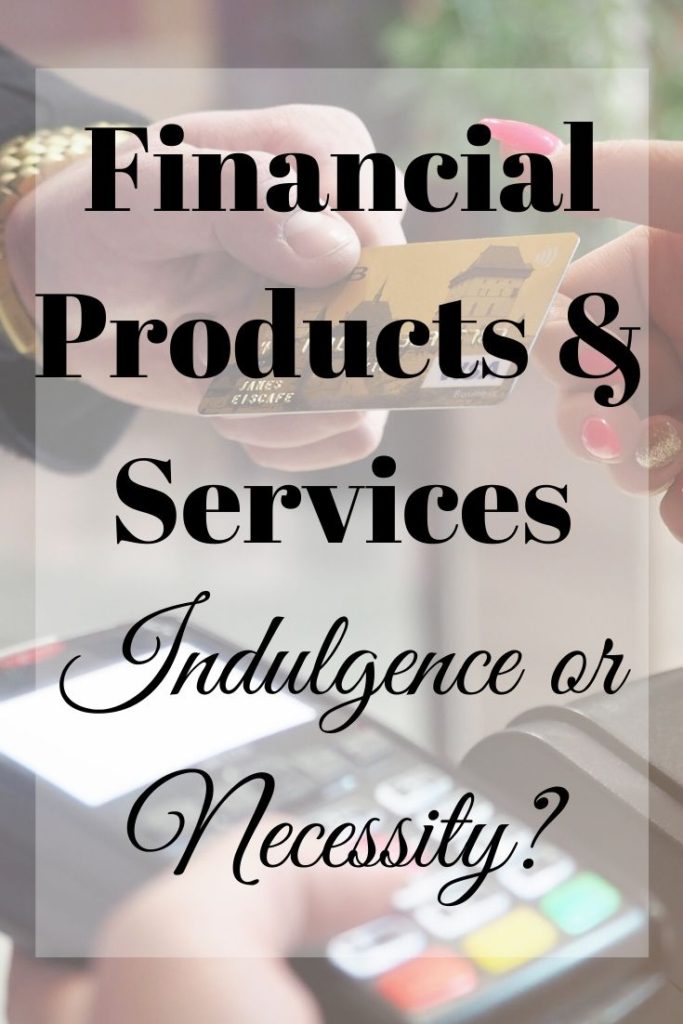This is a Contributed Post
FINANCIAL PRODUCTS AND SERVICES – INDULGENCE OR NECESSITY?
It’s difficult to pick up a magazine, turn on the TV or go for a walk along a main street without being confronted by advertising for financial products and services such as a mortgage or a credit card. The financial services industry is huge, and the vast majority of us have, in addition to our bank current account, at least one other product or service within the sector.
It’s easy to understand why we have these products. Some of them increase our spending power in the present, while others allow us to have a more comfortable future. But do we need them? Do these products represent good value for money? Below, we will look at what is on offer, and consider the pros and cons of owning and using these products.
Credit Cards
Having a credit card is a useful way to make purchases that would be tricky if we had to fund them from the cash we have available. Items that are in the thousands of pounds can be paid for using credit and then the cost spread over time. Of course, there is some question over the sense in doing that, if you can’t afford it straight off, should you be buying it? Could you just be earning extra money to pay for the item in full?
One hidden benefit of a credit card is that you can use it for normal, everyday purchases and then pay it off in full – an excellent way of building a credit rating.
Verdict: Useful, not essential
Related: How to Make Money with Matched Betting and Never Worry About Money Again
Insurance
The use of insurance depends in some regard on the type of insurance product you have. Car insurance, of the kind that you will find from providers such as Call Wiser among others, is essential. That’s literally essential, by the way, as in “you are breaking the law if you drive without insurance”. Other forms of insurance are advisable to have, such as home and contents insurance, and life insurance – while private health insurance can save you time waiting for treatment, but is non-essential in a country with universal health provision
Verdict: Essential (in some cases).
Savings Account
If you end the month with some money left over (congratulations!), then it can be tempting to spoil yourself a little, and there’s no harm in that. However, it can be useful to get into the habit of seeing that money as cash to be saved. Having a dedicated savings account allows you to treat the extra cash as part of a nest egg. The best advice here is to look for a high-yield interest account which will, over time, mature to a significant balance.
Verdict: Recommended
Mortgage
At present, house prices are such that it is essentially impossible to buy a house outright without borrowing (unless you’ve accumulated a huge amount of money over a long time or won the lottery). So if you want to own a home, it’s become more or less essential to borrow a mortgage to pay for it. Now here’s the inconvenient truth, this is a terrible time to buy a house. It is, as a result, also a terrible time to take out a mortgage. This may change in the future, if house prices fall, but for now, a mortgage is very much a non-essential product.
Verdict: Non-essential.
YOU MAY ALSO LIKE:
All You Need to Know About Pensions
27 Ways to Make Money from Home in the UK


